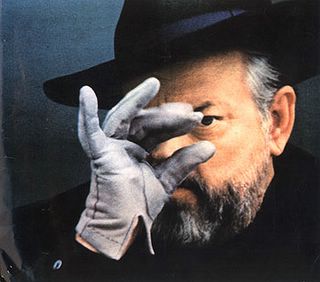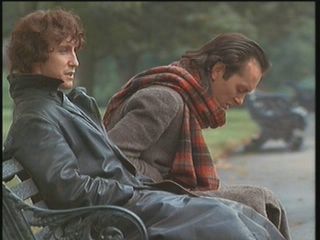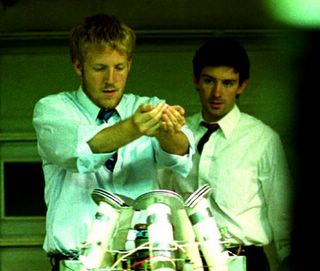Drag the Dog
You all know the Italian city of Turin...It's the place where they found the famous Shroud of Turin, a legendary cloth that, when you hold it up to the light, kind of looks like someone drew a picture of Jesus on it.
Well, anyway, Turin is filled with dog lovers, and they have just passed a really stupid law I thought I'd tell you about.
You have to walk your dog three times a day, every day, or you will be fined 500 euros. That's $650, people. (Also, can you believe all the European money is really called "the euro"? It's the name of your continent, can't you be more creative? I don't ever want to exchange "amers" for goods and services. Why not just rotate by country...this week, we'll call it the deutschmark, next week the lira, and so on...and make it multicolored so it matches every individual country's flamboyant currency.)
Dog owners in Turin will be fined up to 500 euros ($650) if they don’t walk their pets at least three times a day, under a new law from the city’s council.
People will also be banned from dying their pets’ fur or “any form of animal mutilation” for merely aesthetic motives such as docking dogs’ tails, under the law about to be passed in the northern Italian city.
Man, that is nutty. I mean, you hear about "wacky laws," like "no mustachioed man can kiss a woman on the lips in public in Missouri" or something, but those aren't generally enforced. (Except sodomy laws! Keep fighting the good fight, Rick Santorum!) But walking your dog three times a day? That's a bit of overkill, isn't it?
I don't even think a lot of dogs want three walks a day. Some dogs just want to lie down in a sunbeam for several hours and not move at all.
And what's that weird part about dying your pets' fur? I mean, I'll admit that would look a little stupid, but does it really bother the animal either way? Maybe it's less dignified, but they're already a domesticated dog living with some old Italian broad...as far as the animal kingdom at large is concerned, they're already a bit undignified.
“In Turin it will be illegal to turn one’s dog into a ridiculous fluffy toy,” the city’s La Stampa daily reported.
Oh, now I see. All makes sense now. Thanks, La Stampa.
Dogs may be led for walks by people on bicycles, the rules say, "but not in a way that would tire the animal too much."
Can you believe how much time was spent on all these rules? "Dogs may be led for walks by people on bicycles..." Oh, really? Thanks, City Council of Turin! "Not in a way that would tire the animal too much"? There aren't even laws against being tired for the people of Turin!
I wish laws like that existed to protect people in the US. "Um, boss, I'm actually getting a bit tired. And you wouldn't want to break the law and make me follow you around when I'm so tired. Right, good, so I'm gonna go home and lie in a sunbeam for a while...See you..."
How can you even tell if your dog is "too tired" to continue walking behind your bicycle. His tongue's out? His nose is dry? He telepathically tells you he's tired, right before he gives you orders to kill?
To enforce the law, Turin police would rely largely on the help of tipsters spotting cruel treatment by their neighbors, La Stampa reported.
So, now we know where John Ashcroft moved after he resigned...
Dog mistreatment tipsters. If that's not asking for trouble...
But they have left the best part for the very end of the article. What the French would call the "coop of grace."
It [La Stampa] said the 20-page rulebook gives Turin the most stringent animal protection rules in the country. It even bans fairgrounds from giving away goldfish in plastic bags.
Laws protecting...a-goldfish. Nice. So, everything else, we can assume, is going really super in Turin, to allow them the luxury of time to draft a 20 page rulebook on proper dog care and dog grooming. Excellent. Good to know. No more poverty or anything going on in Turin. Nice.
20 pages?!? And are people actually reading this thing, or is it just a horrific waste of everyone's time? Cause it takes most Americans a month to read 20 pages of something (usually a NASCAR-themed periodical or the back of 20 different Cheetos bags), and even then they don't retain the information. Just as an average American the primary ingredients of Cheetos...they won't know...
I'd kind of like to get my hands on Turin's 20 page edition of "Dog Laws for Dummies." What other regulations and stipulations might be found in there? "If, in the course of potty training your dog, you push his face down into a pile of his own feces, you will be given a soap bar beating in the town square." "Anyone seen petting a dog in the improper, against-the-grain direction will be shot out of a cannon and into Albania."




